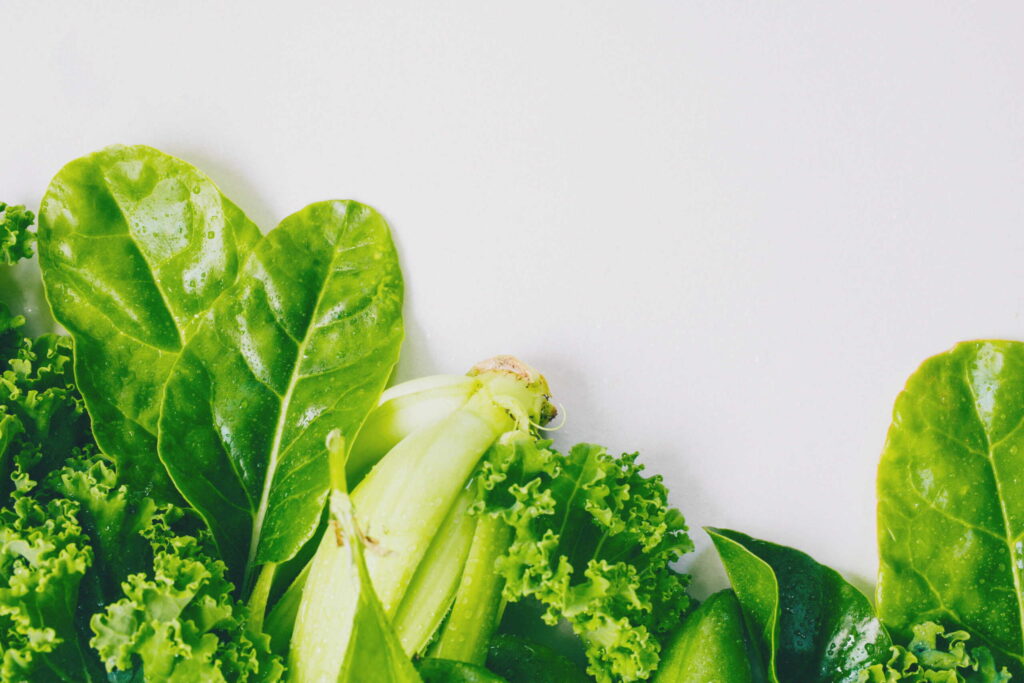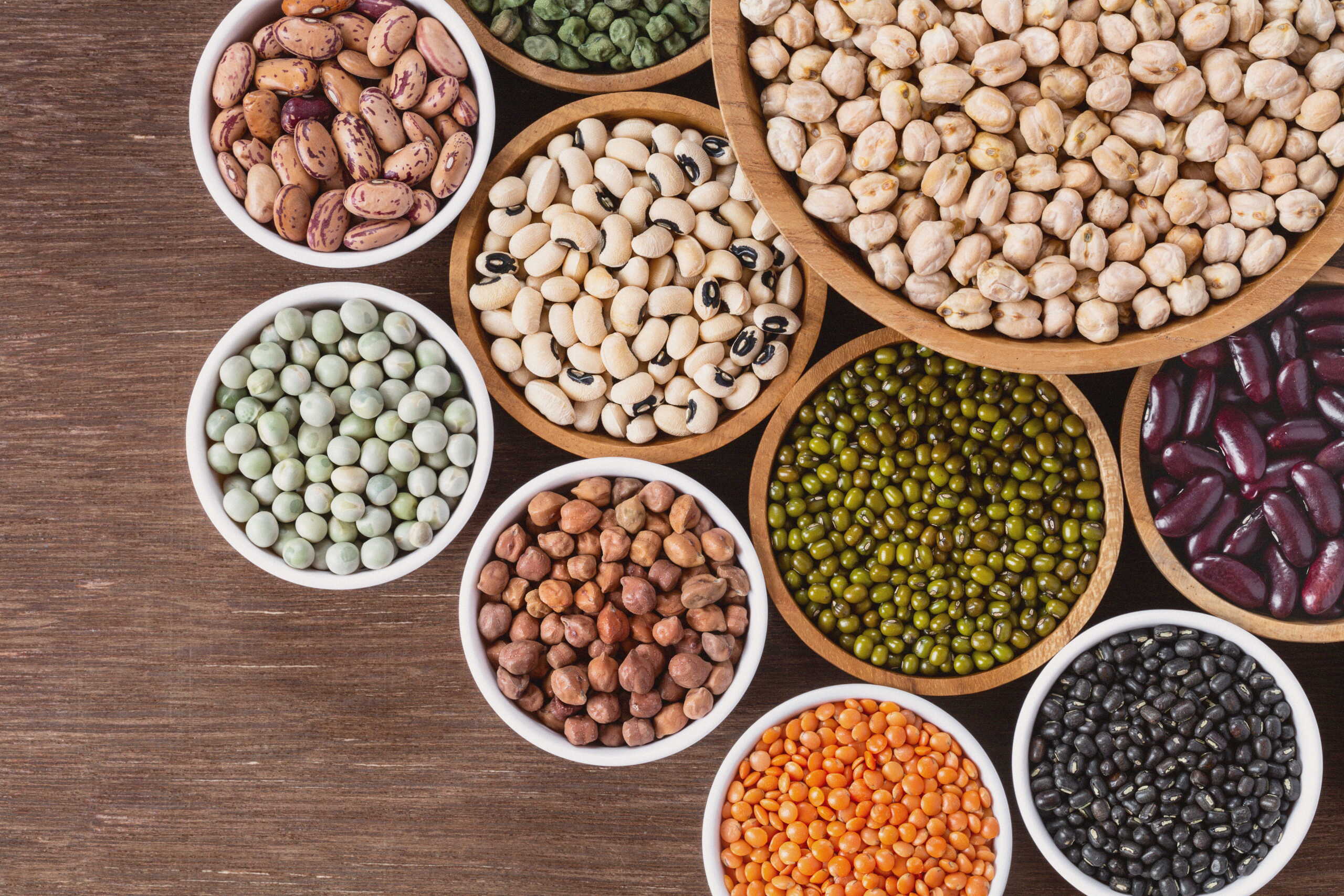Hypercalciuria refers to a medical condition characterized by the presence of abnormally high levels of calcium in the urine.
Although calcium is essential for various bodily functions, excessive excretion can cause health problems such as kidney stones.
Interestingly, managing hypercalciuria can involve making specific dietary changes, such as reducing calcium and protein intake.
In this article, we will delve into the correlation between hypercalciuria and diet, focusing on how a low calcium and low protein diet can help restore balance to calcium levels in the urine.
Understanding Hypercalciuria
Hypercalciuria is a condition characterized by the increased excretion of calcium in the urine.
This excess calcium can lead to the formation of kidney stones, which are hard deposits that can develop in the kidneys and cause pain and discomfort.
Several factors can contribute to hypercalciuria, including genetic predisposition, certain medical conditions, and dietary choices.
- Types of Hypercalciuria: There are different types of hypercalciuria, including idiopathic hypercalciuria (of unknown cause), absorptive hypercalciuria (related to increased calcium absorption in the intestines), and renal hypercalciuria (related to impaired renal tubular function).
- Symptoms and Complications: Hypercalciuria may not always present with noticeable symptoms. However, over time, it can contribute to the formation of kidney stones, a condition known as nephrolithiasis. Kidney stones can cause pain, urinary tract infections, and, in severe cases, kidney damage.

The Role of Diet in Hypercalciuria
Managing hypercalciuria can be significantly influenced by the diet.
Specific dietary choices can affect calcium excretion in the urine.
Contrary to popular belief, in some cases, a diet that is low in both protein and calcium can be beneficial in managing hypercalciuria.
- Calcium Absorption and Oxalate Binding: It is essential to get enough calcium from our diet to prevent the absorption of oxalate in our intestines and reduce its excretion in our urine. However, excessive calcium intake, primarily through supplements, can lead to hypercalciuria.
- Protein and Acid Load: High protein intake increases acid production, which causes calcium loss from bones, leading to hypercalciuria when excess calcium is excreted in urine.
Low Calcium Diet for Hypercalciuria
Contrary to what is commonly believed, restricting dietary calcium can effectively manage hypercalciuria.
It is crucial to differentiate between complete calcium restriction and modifying the kind and origin of dietary calcium.
- Calcium-Rich Foods to Limit: For individuals prone to hypercalciuria, limiting high-oxalate calcium-rich foods can be beneficial in preventing calcium-oxalate kidney stones. These foods may include dairy products and certain leafy greens.
- Calcium Supplements: Obtaining calcium through a balanced diet is recommended rather than relying on calcium supplements, which can cause an increase in urinary calcium levels if taken excessively.

Low Protein Diet for Hypercalciuria
Reducing protein intake, especially animal protein, is another dietary approach to manage hypercalciuria.
Animal proteins, such as meat and fish, can increase the acid load in the body, leading to increased calcium excretion.
- Plant-Based Protein Sources: Consider incorporating more plant-based protein sources, such as legumes, tofu, and beans, into the diet. Plant proteins are generally associated with a lower acid load and may be better tolerated in cases of hypercalciuria.
- Limiting Animal Proteins: Although it’s not necessary to eliminate animal proteins, it’s important to moderate their consumption. Choose lean meat, poultry, and fish cuts while considering plant-based protein sources to diversify your protein intake.
Balancing Nutrient Intake for Optimal Health
Managing hypercalciuria with a low calcium and low protein diet should be done under the guidance of a healthcare professional, as individual dietary needs vary.
It’s crucial to strike a balance between limiting certain nutrients to manage hypercalciuria and ensuring overall nutritional adequacy.
- Consultation with Healthcare Professionals: Before making significant changes to your diet, especially for medical conditions like hypercalciuria, consult with a healthcare professional, such as a registered dietitian or a urologist, to receive personalized guidance.
- Hydration and Other Factors: Adequate hydration prevents kidney stones, regardless of dietary adjustments. Maintaining a healthy body weight, limiting sodium intake, and incorporating physical activity can contribute to overall kidney health.
- Monitoring and Adjusting: It is essential to regularly monitor urinary calcium levels and other relevant parameters to assess the effectiveness of dietary modifications. Individual responses and health status may require adjustments to the diet.
References
Disclaimer
- Het is alleen bedoeld voor algemene informatieve doeleinden: De informatie op de website en app van BioKissed, inclusief maar niet beperkt tot zakelijke mogelijkheden, voedingstips, tips voor een gezonde levensstijl, praktijkartikelen voor een gezonde levensstijl, voedende recepten en wellnessartikelen (hierna gezamenlijk aangeduid als “Content”), is uitsluitend bedoeld voor algemene informatieve doeleinden. De Inhoud is niet bedoeld als vervanging van professioneel zakelijk advies, medisch advies, diagnose of behandeling.
- Het is uitsluitend op eigen risico: BioKissed beveelt geen specifieke tests, artsen, producten, procedures, meningen of andere informatie aan die mogelijk op de website of app worden vermeld. Vertrouwen op enige informatie verstrekt door BioKissed, haar werknemers, gecontracteerde schrijvers, of anderen die op uitnodiging van BioKissed op de website of app verschijnen is uitsluitend op eigen risico.
- BioKissed onderschrijft of keurt geen standpunten in de Content goed: BioKissed staat niet in voor de juistheid, volledigheid of bruikbaarheid van de Content, noch onderschrijft zij de standpunten die in de Content worden geuit. De opname van Content op BioKissed’s website of app impliceert geen goedkeuring van dergelijke Content.
- U neemt vrijwillig al deze risico’s op u: Voordat u deelneemt aan een uitdaging, uw levensstijl aanzienlijk aanpast, uw eetgewoonten wijzigt of deelneemt aan aanverwante activiteiten, is het raadzaam om uw persoonlijke gezondheid en conditie te beoordelen. BioKissed wijst uitdrukkelijk verantwoordelijkheid af voor de stoffen die individuen kiezen te consumeren, en het bedrijf is niet aansprakelijk voor eventuele gevolgen, met inbegrip van die met betrekking tot voedselallergieën, als gevolg van dergelijke keuzes. Door te kiezen voor deelname aan een uitdaging, erkent u en gaat u ermee akkoord dat dergelijke activiteiten inherente risico’s met zich meebrengen, en u neemt vrijwillig al deze risico’s op u, zelfs als deze voortvloeien uit de nalatigheid van BioKissed, aan haar gelieerde bedrijven of haar leden.
- BioKissed en haar contentaanbieders wijzen elke verantwoordelijkheid of aansprakelijkheid voor gevolgen af: BioKissed en haar contentaanbieders aanvaarden geen verantwoordelijkheid of aansprakelijkheid voor enig gevolg dat direct of indirect verband houdt met enig handelen of nalaten dat u doet op basis van de informatie die u vindt op of via de website of app van BioKissed.
- Meer lezen
